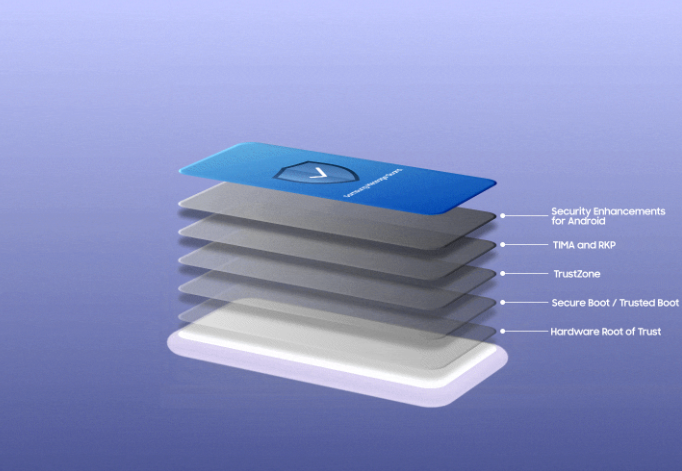Samsung Galaxy S23 Calls Dibs On Message Guard Feature To Thwart Zero-Click Malware
All of the common sense practices we've been taught to avoid malware are useless against a zero-click attack. These exploits are contained in what appear to be image files, and downloading them can instantly infect your phone without any help from you. The phone is compromised simply by processing and displaying the image. NSO Group's Pegasus surveillance malware is known for using this method, which has been used to infect the phones of activists and journalists. Zero-click methods are valuable, often selling for millions of dollars on the dark web because they make it harder for the target to even know they've been infected.
Samsung Message Guard prevents this by adding a new sandbox environment specifically for image files that arrive in your messaging app. The phone scans the file bit by bit to ensure it's not trying to deposit malware on your phone. If it is malicious, the image payload never gets access to the rest of the operating system. If it's clean, the phone processes and opens the file normally. The process happens quickly enough that you'll never notice the difference.



